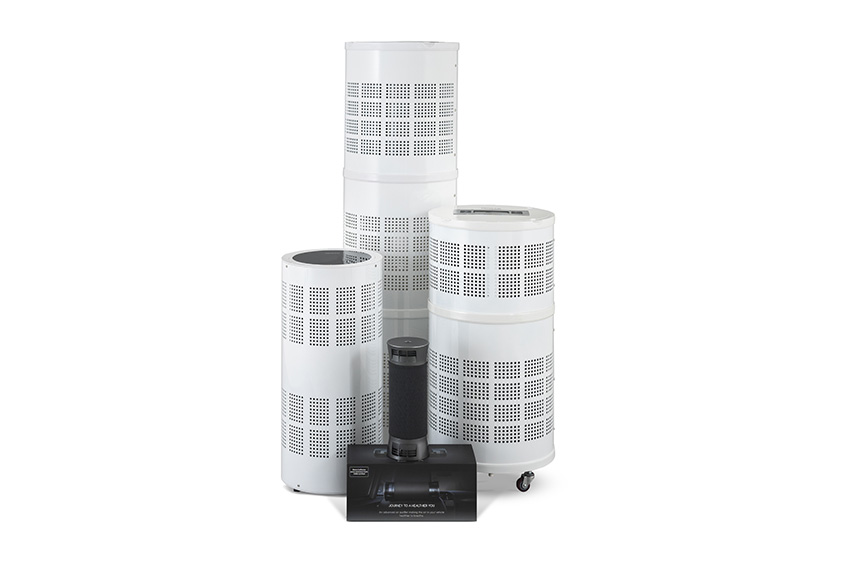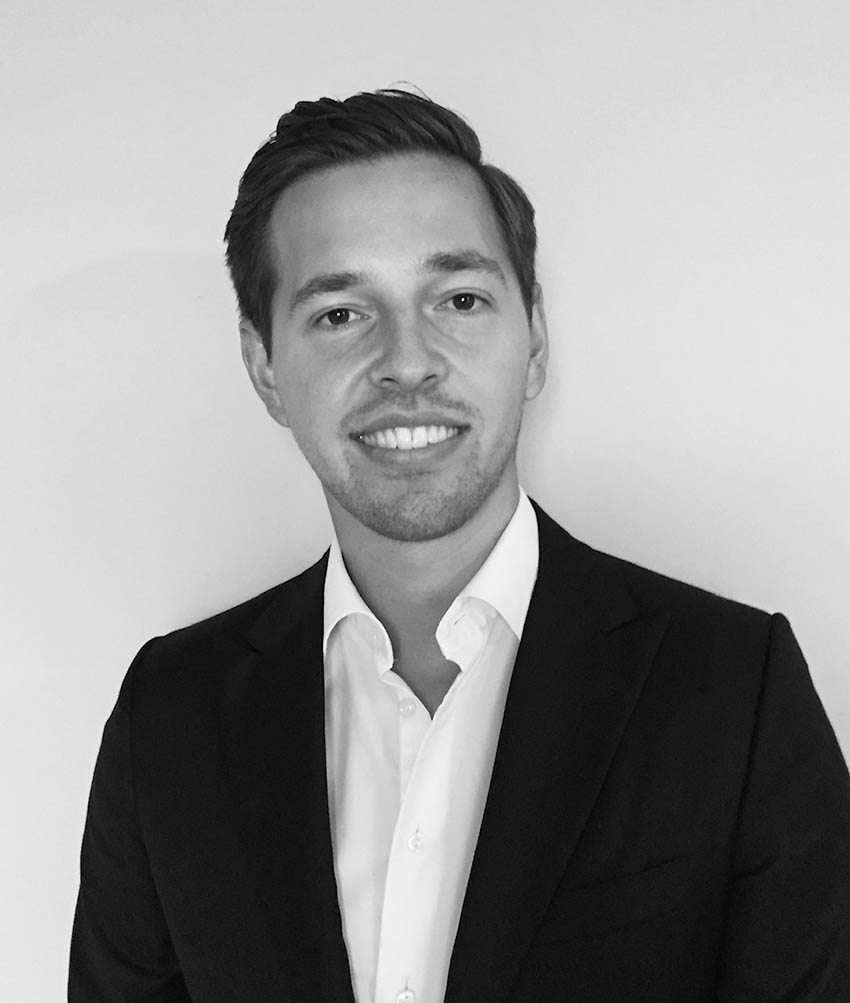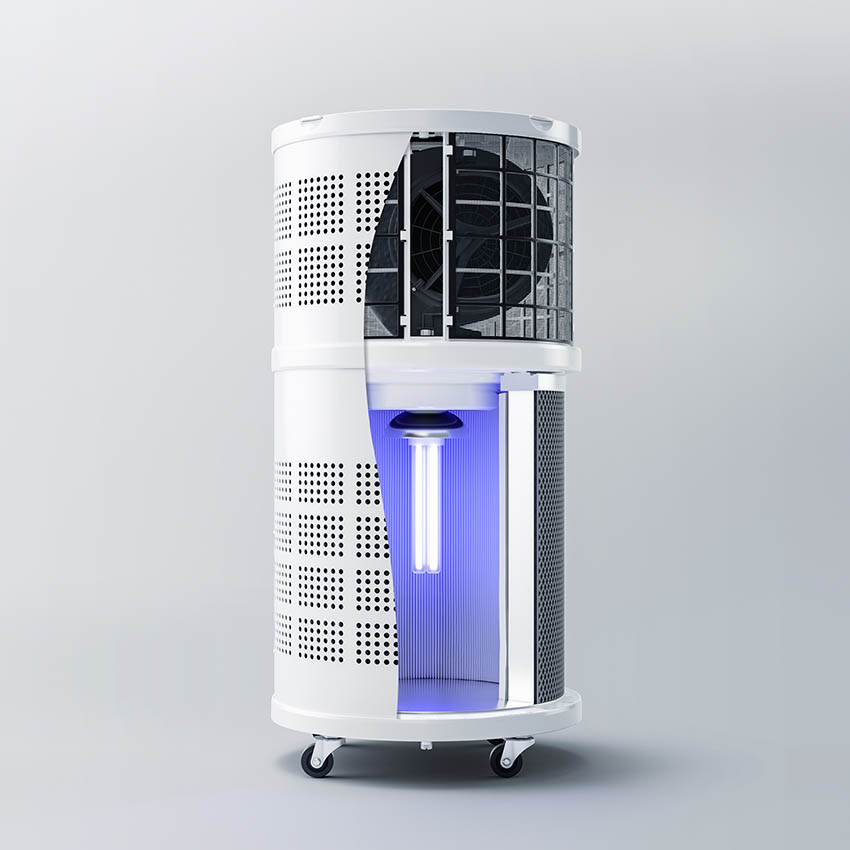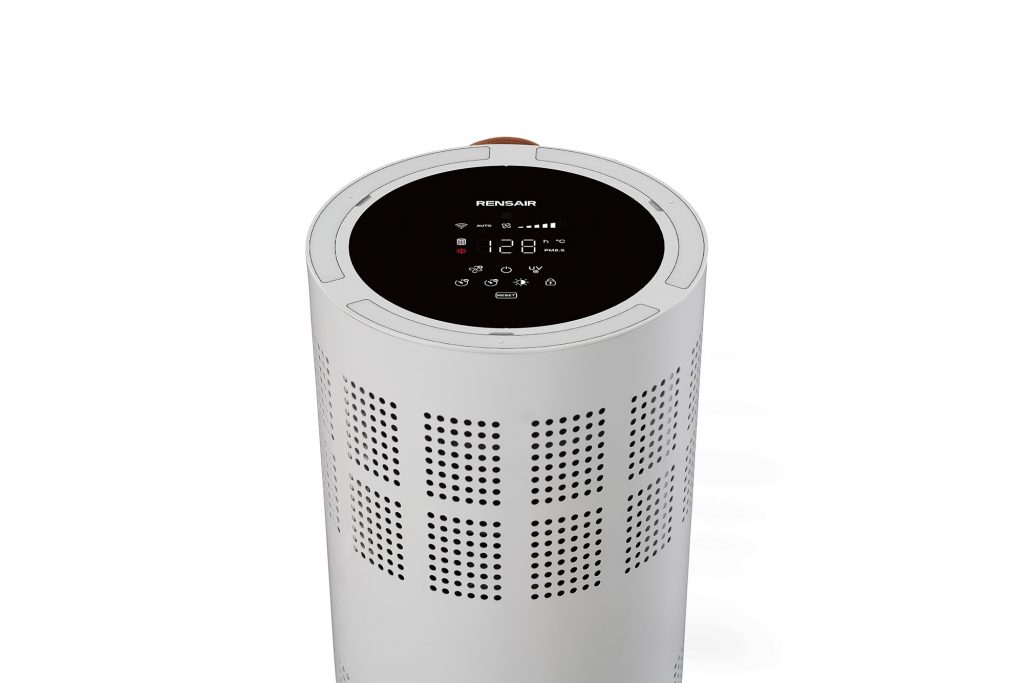Rensair is all about Indoor Air Quality. Their business is in portable, hospital-grade air purifiers for removing harmful airborne particulate matter, from pollen and vehicle emissions to viruses and bacteria.
Air purification has never been more important – it causes 7 million premature deaths per year. Indoor air is 2-5 times worse than outdoor air, causing 50% of illnesses. Add a global pandemic to that and the need to breathe clean air is even more apparent.
Interview with Christian Hendriksen, Co-founder and CEO of Rensair.
Easy Engineering: What are the main areas of activity of the company?
Christian Hendriksen: We believe that everyone has the right to breathe clean air. Our products are portable and modular, so we have a solution for every shared space, from industrial premises to residential homes.
We supply hospitals, clinics, dental practices, GP surgeries, schools, gyms, hospitality venues, hotels, restaurants and retail outlets. But that’s not an exhaustive list. Recent customers include a film producer, flight simulator and textile academy.
We don’t just sell products. We collaborate with customers to develop the optimum indoor air quality for meeting building requirements, as well as government recommendations for mitigating the risks of Covid transmission. We take into account floor plans, room dimensions, existing HVAC systems, occupancy rates, noise tolerance, and regulatory requirements before recommending a tailor-made solution.

E.E: What’s the news about new products?
C.H: Our latest addition is the AirBubbl, which provides purified air for vehicle occupants and personal spaces. It delivers 38 cubic metres of clean air every hour and removes 99% of particulate matter and noxious gases.
Air quality can be 10 times worse inside a car than outside and is equal to passively smoking 980 cigarettes a year. This product is like a fresh airbag – it safeguards against dirty air, for less than a Euro per day, and can be used as a 24×7 personal bodyguard, plugging it into a car USB or power adaptor wherever you are – office, home or car.
E.E: What are the ranges of products?
C.H: In the main, our range is based on the same proven technology, HEPA and UVC light, which traps and inactivates a minimum of 99.97% of airborne particulate matter. Our technology is recommended by leading health authorities – including the WHO, SAGE committee, CDC and EPA – as proven, effective and safe. The safety issue is important, as some air purifiers that rely on chemical reactions (eg. ionization) are known to produce toxic by-products, which undermines the very purpose of air purification.
Our products – Max, Core, Compact and AirBubbl – offer different clean air delivery rates and can therefore be matched to different sized spaces. They are built to last: the oldest one has been running continuously for over 15 years, thanks to high grade components and superior build quality.

Christian Hendriksen, Co-founder and CEO of Rensair
E.E: At what stage is the market where you are currently active?
C.H: The market for Indoor Air Quality products is at an interesting stage in its evolution. Air pollution is now widely recognized as a huge global problem and the Covid pandemic has made people more aware of the dangers of contaminated air indoors. As a result, regulation is expected to come soon, making clean air a human right and ensuring that shared spaces meet the World Health Organization’s clean air guidelines of 10 litres per second per person in offices, non-residential spaces and domestic homes.
In Belgium, the government has introduced a legislative framework to govern indoor air quality in public spaces. Broad in scope, it covers monitoring and risk analysis to action plans, certification and a knowledge platform for sharing insights.
In the UK, the National Engineering Policy Center (NEPC) has called for a major reform of ventilation and infection resilience across all buildings and public transport. Their recommendations include the establishment of IAQ standards that can be monitored and regulated.
In the USA, the EPA “Clean Air in Buildings Challenge” helps fulfill the commitment of the Biden-Harris Administration’s National COVID-19 Preparedness Plan by providing information and recommendations that can help improve indoor ventilation.
Rensair welcomes the prospect of regulation, as it will help ensure quality control as well as the adherence to common standards that promote health and wellbeing.

E.E: What can you tell us about market trends?
C.H: Because of Covid, many companies have jumped on the bandwagon and launched air purifiers. However, despite air purifiers being health products, the market is unregulated and that results in lots of misinformation and marketing overclaims on product performance and attributes.
That’s why Rensair is so focused on certification, with performance backed by independent scientific laboratories. We are data driven in everything we do, from rigorous performance testing to thorough analysis of air quality data from air monitoring sensors.
In terms of consumer behavior, a trend is emerging in that customers are beginning to appreciate the less obvious benefits of clean air beyond better health. This ‘value add’ includes increased productivity, better cognitive function, higher information retention, and lower absenteeism. Savvy companies realize that such benefits translate to the bottom line.
Customers – especially companies that employ facilities managers – are also opening their eyes to the direct financial benefits. By reducing mechanical ventilation and substituting it with air purification, companies can save 40% on their energy costs. That’s a big figure, given the current price of electricity and natural gas. As well as reducing the operating cost of buildings, air purification lowers carbon emissions and supports corporate sustainability strategies.

E.E: What are the most innovative products marketed?
C.H: Our Compact air purifier is our most innovative to date. With 5 airflow speeds, it quietly cleans up to 460 cubic metres of air per hour. The device is equipped with a touch screen interface and WiFi connectivity, allowing remote operation.
That’s the future of Indoor Air Quality, smart usage via an App. Companies can save even more energy by amplifying clean air during and immediately after periods of high occupancy, while conserving energy during sustained periods of absence.
E.E: What estimations do you have for 2022?
C.H: We are aiming to double our revenue, partly by signing up more distributors.
We particularly want to help the healthcare sector, where patient backlogs have built up due to Covid. Our practical, clean air solutions were designed for hospital environments, where the clean air delivery rate recommended by the WHO is 60 litres of clean air per second per person, rising to 160 in areas where Aerosol Generating Procedures are conducted. By helping with infection control, Rensair does much more than improve patient outcomes. We help to maximize operating capacity and minimize fallow time between procedures, all contributing to higher patient throughput, which in turn tackles the long waiting lists.

